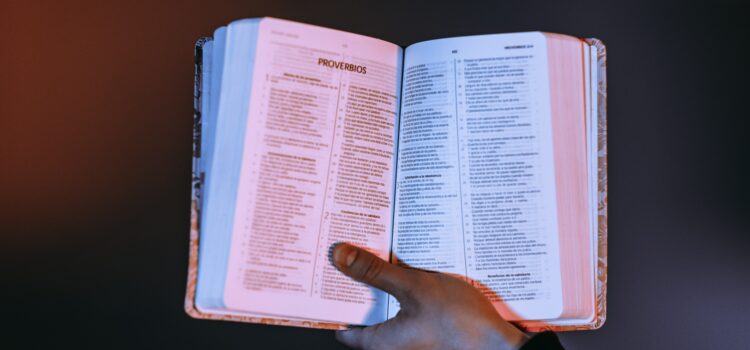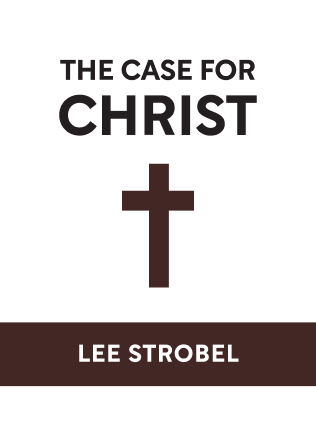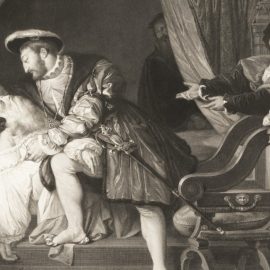

This article is an excerpt from the Shortform summary of "The Case for Christ" by Lee Strobel. Shortform has the world's best summaries of books you should be reading.
Like this article? Sign up for a free trial here .
What is The Case for Christ by Lee Strobel? Why did Lee Strobel decide to try to figure out whether or not Christ really existed?
In The Case for Christ, Lee Strobel goes on a journey to find the truth: did Jesus Christ really exist? Lee Strobel uses his book to explore these possibilities.
Read more about The Case for Christ by Lee Strobel and what inspired Strobel to investigate Christ.
The Case for Christ: Lee Strobel Investigates
For much of his life The Case for Christ author Lee Strobel, a Yale Law School graduate and legal affairs reporter for the Chicago Tribune, was an atheist. For him, belief in God required too many leaps of faith: Why was there evil in the world if people were created by a loving God? Wasn’t the evidence of evolution far more compelling than that of a divine creator? Weren’t miracles that flouted the laws of nature literally incredible?
Strobel’s attitude toward Christ began to change in 1979, when his wife, a longtime agnostic, declared that she had become a Christian. Strobel worried that she would become puritanical and self-righteous, but when she began exhibiting greater poise and self-confidence, he became intrigued by the doctrine of beliefs that was improving her character. In the Case for Christ, Lee Strobel investigates this religion.
The Case for Christ author decided to treat Christ and Christianity like a story he was reporting on. He dived into the research scholarship on the Bible as well as the text of the Bible itself. He interviewed experts and studied the archaeological record. And as his knowledge grew, he found himself drawn to a conclusion he’d previously thought absurd: that Jesus had not only existed, but was also divine.
In The Case for Christ, Lee Strobel reconstructs of Strobel’s spiritual journey from skeptic to believer. Each chapter of the book is built around a particular question concerning Jesus: whether the eyewitness accounts of his existence can be trusted, whether Jesus truly believed he was the son of God, whether Jesus was in fact resurrected. To answer each of these questions, Strobel interviews an academic expert and analyzes the relevant historical and biblical texts. He lays out “the case for Christ” as a lawyer might—with ample eyewitness, documentary, and corroborating evidence—and asks us, his jury, to approach his argument objectively and with an open mind.
At the conclusion of his investigation in The Case for Christ, Strobel undergoes an existential crisis: Although he’s lived his life as an atheist, he’s discovered the evidence for Jesus Christ is irrefutable. He locks himself in his home office to meditate over all he’s learned; as he does so, he confesses his heavy drinking and adultery to the reader. Looking over the notes from his investigation, The Case for Christ author takes what he considers the logical next step: He pledges himself to Christ.

———End of Preview———
Like what you just read? Read the rest of the world's best summary of Lee Strobel's "The Case for Christ" at Shortform .
Here's what you'll find in our full The Case for Christ summary :
- How an atheist lawyer-journalist researched Christ and began believing
- The key arguments against the existence of Christ, and why they don't hold up
- How to make up your own mind about whether Christ existed






